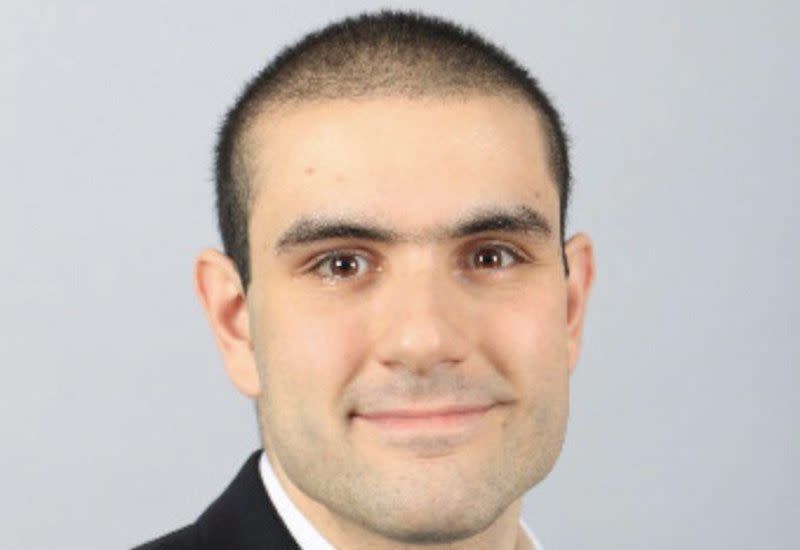Toronto attack: An expert explains everything you need to know about 'incels'
A cryptic Facebook post written by the man accused of killing 10 people and injuring 15 others during the Toronto van attack is making headlines for inferring his actions were part of what he calls an “incel rebellion.”

Both Facebook and police have confirmed that shortly before a rented van plowed into pedestrians on a busy Toronto street, Alek Minassian, the 25-year old man arrested on site, shared the following message to Facebook, “The Incel Rebellion has already begun. We will overthrow all the Chads and Stacys. All hail the Supreme Gentleman Elliot Rodger!”
Although police have yet to infer motive for the attack, the language used in the post appears to connect Minassian to a misogynist online subculture known as the “incel” movement.
ALSO SEE: Toronto attack: What exactly is an ‘incel’?
Incel stands for “involuntary celibate” a term used to describe someone who, despite wanting to, is unable to engage in sexual activity and romantic relationships. The term is popular in online communities such as Reddit and 4chan, where predominantly male incels take part in a dark, misogynist subculture that purports itself as a “support group” for those who experience this type of sexual frustration.
Central to this subculture is the dehumanization of women, who incels believe are responsible for denying them of sex. The victim stance that characterizes this community features open discussions of rape as a means of revenge against women and a reverence for men who are able to participate in the intimacy they desire.
Despite some of the disturbing subject matter that involuntary celibacy communities permit, psychologist James Cantor offers a more clinical perspective of incel behaviour.

Cantor, who specializes in sex and sexuality, believes involuntary celibacy should be viewed as a social disorder first. Cantor calls for greater emphasis being placed on the underlying issues those who identify as incel experience, ranging from depression and psychosis to autism spectrum disorder.
“I don’t think it’s fair to say there is typical incel behaviour,” Cantor says. “Some of them are socially awkward people who find it hard to get a date, and rather than say it’s something about them they rally against the rest of the world.”
Cantor also presents the idea that sexual disfunction may play a factor in someone experiencing involuntary celibacy.
ALSO SEE: These are some of the victims of the Toronto van attack
“People who experience sexual disfunction like pre-mature ejaculation or erectile disfunction may avoid sexual relationships. Rather than say they are unable to get erections, they say it’s a choice – and refer to themselves as involuntary celibate, even though they don’t want to be.”
Given the recent events in Toronto being linked unofficially to the incel community, many wonder if the online misogynistic presentation of incel ideology could translate to violence offline. However, Cantor says linking sexual frustration to violence is too great a leap.
“The more probable link is that somebody who can’t handle society or sense normal social interactions is going to behave socially inappropriate in many different spheres,” he says. Cantor believes the inability to cope, combined with the inability to experience empathy is what can lead to a person becoming violent.
While the knee-jerk reaction to incel culture as disturbing is understandable, it further promotes the exclusion of those who identify as incel from the rest of society. Widening the gap between “us” and “them” promotes shame, and further isolates these men and women who will then turn to the internet to express their frustration.
This doesn’t discount the fact that the ideas and messages that are featured in these online forums are dangerous. However, Cantor’s insight can help foster a new discussion on a very real subject that many people feel uncomfortable talking about, and encourage people who identify in this way to seek help.
Let us know what you think by commenting below and tweeting @YahooStyleCA!
Follow us on Twitter and Instagram.



